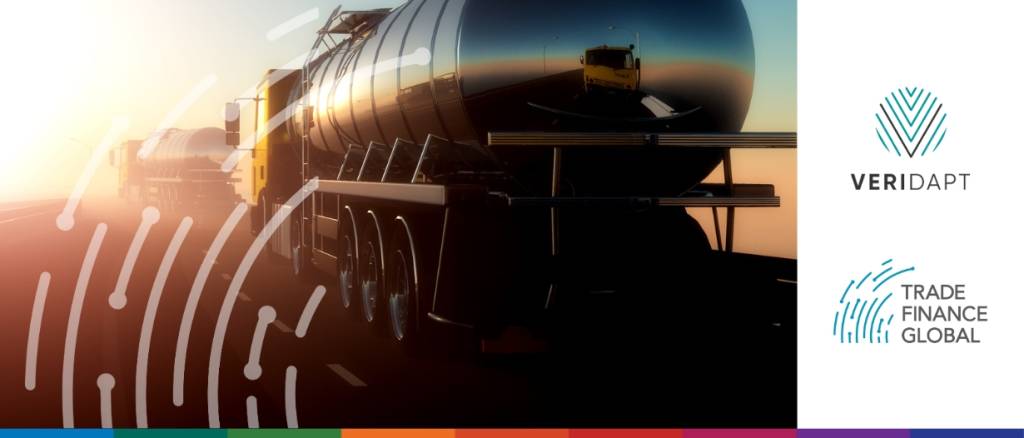The United Kingdom and South Korea are set to begin discussions on a new, comprehensive trade deal aimed at amplifying bilateral trade. South Korea, the world’s 13th largest economy, is… read more →
The UK government today unveiled a £1 billion investment dedicated to 55 innovative projects, marking a step in revitalising communities across the nation. This funding, a core component of the… read more →
Trade finance providers have a critical role to play in the low-carbon transition. Through their lending decisions, they hold massive influence in some of the most carbon-intensive companies and supply chains, and they can use this leverage to push for much-needed progress on climate.
Digital fuel management technology is making the mining industry less carbon-intensive and more profitable amid a mass shift to renewables-generated energy.
Trade Finance Global (TFG) was at the heart of these conversations, offering a unique and insightful perspective on the future of trade finance. After some time to reflect, here are our top takeaways from the jam-packed conference.
Today, the OPEC Fund for International Development (the OPEC Fund) announced a $21 million loan to support a sustainable water supply project in Rwanda. The new loan will help expand… read more →
Today, the International Chamber of Commerce (ICC) United Kingdom launched a Sustainability Toolkit, designed to guide businesses in embedding sustainable practices within their global value chains.
A recent report has revealed that out of the 2,000 largest publicly traded companies, half have committed to achieving net-zero emissions by the middle of the century. Despite this, only a… read more →
Finastra, a global provider of financial software applications and marketplaces, has announced a partnership with CQUR Bank, an international corporate bank. This collaboration is set to advance CQUR Bank’s technology strategy… read more →
At the 49th Annual Trade and Forfaiting Conference held at ITFA Abu Dhabi, TFG’s Deepesh Patel spoke with Sean Edwards, Chairman of the International Trade and Forfaiting Association (ITFA), about some of the key themes emerging throughout the conference in a quickfire session.
























